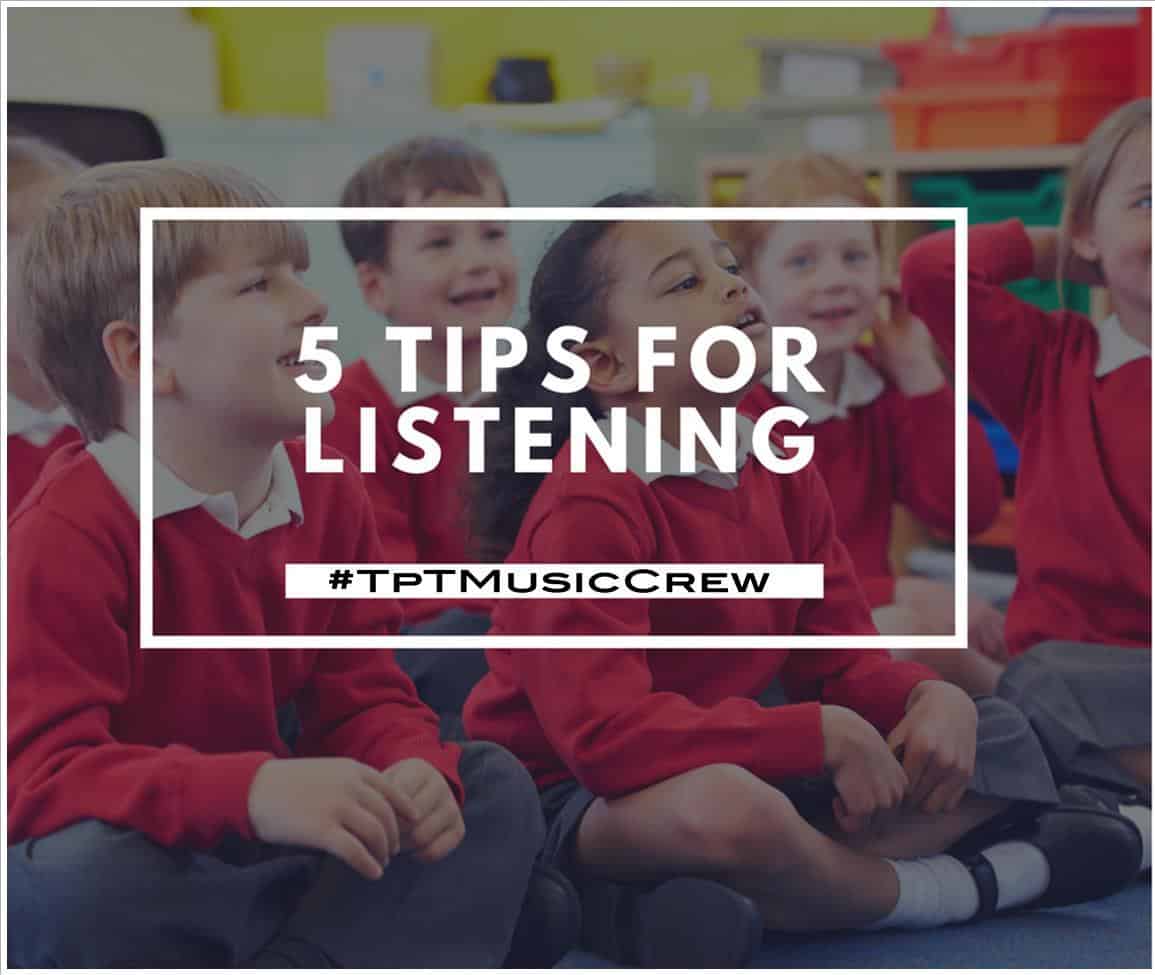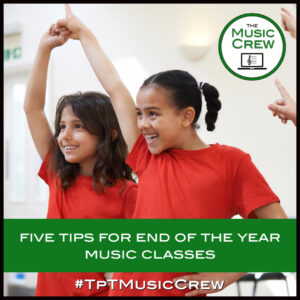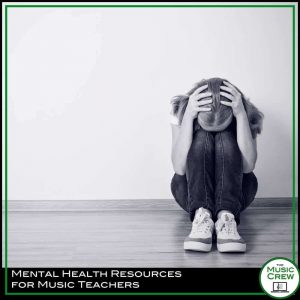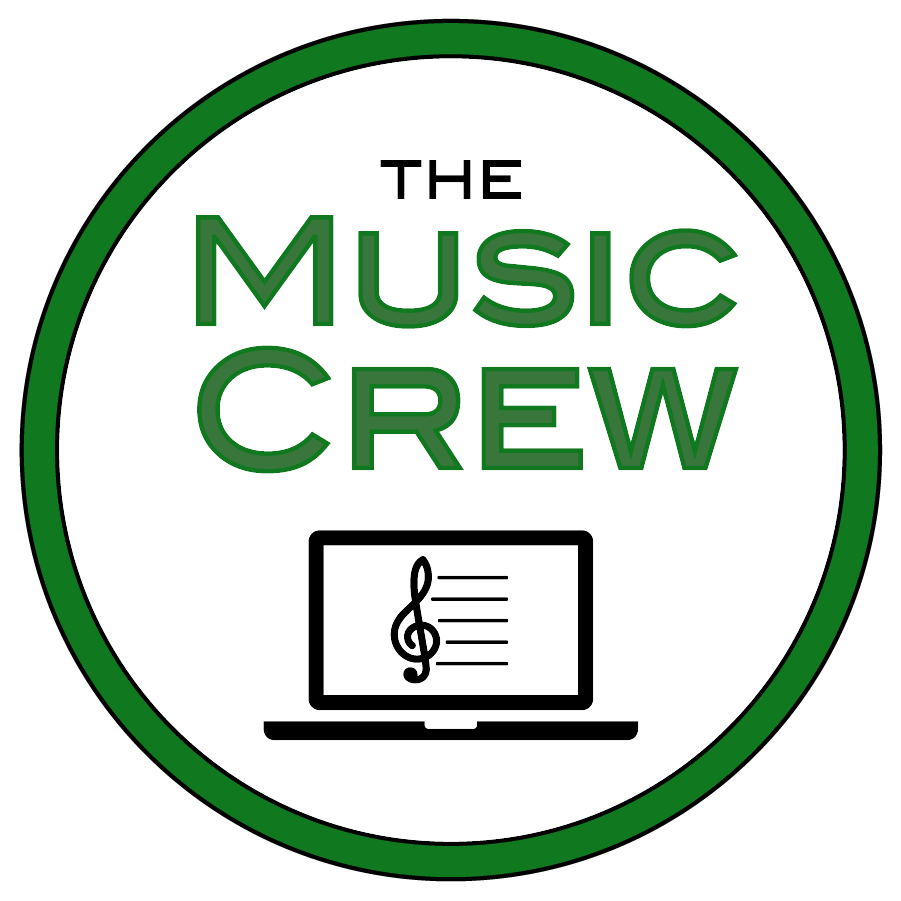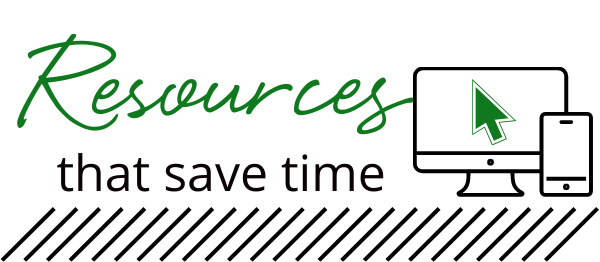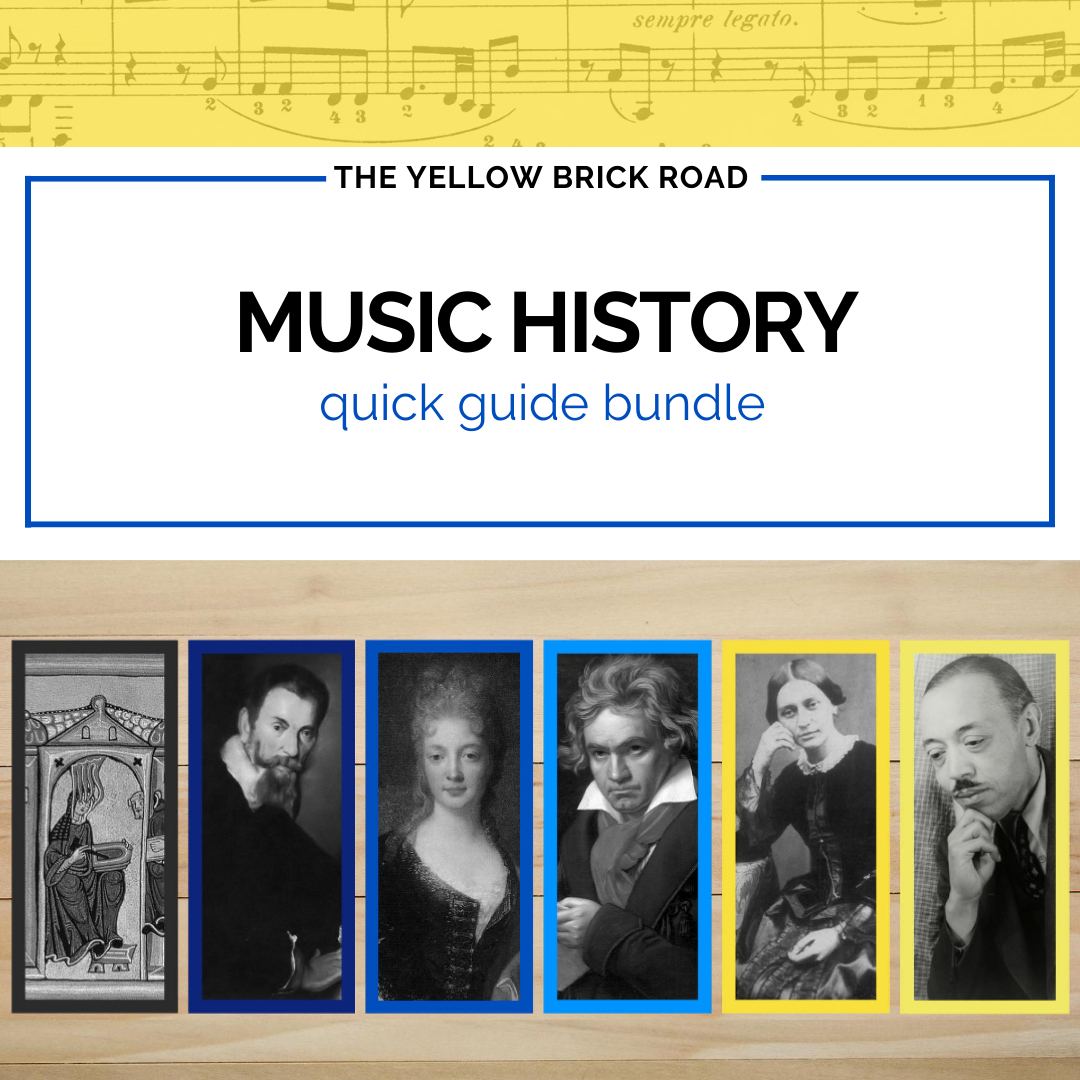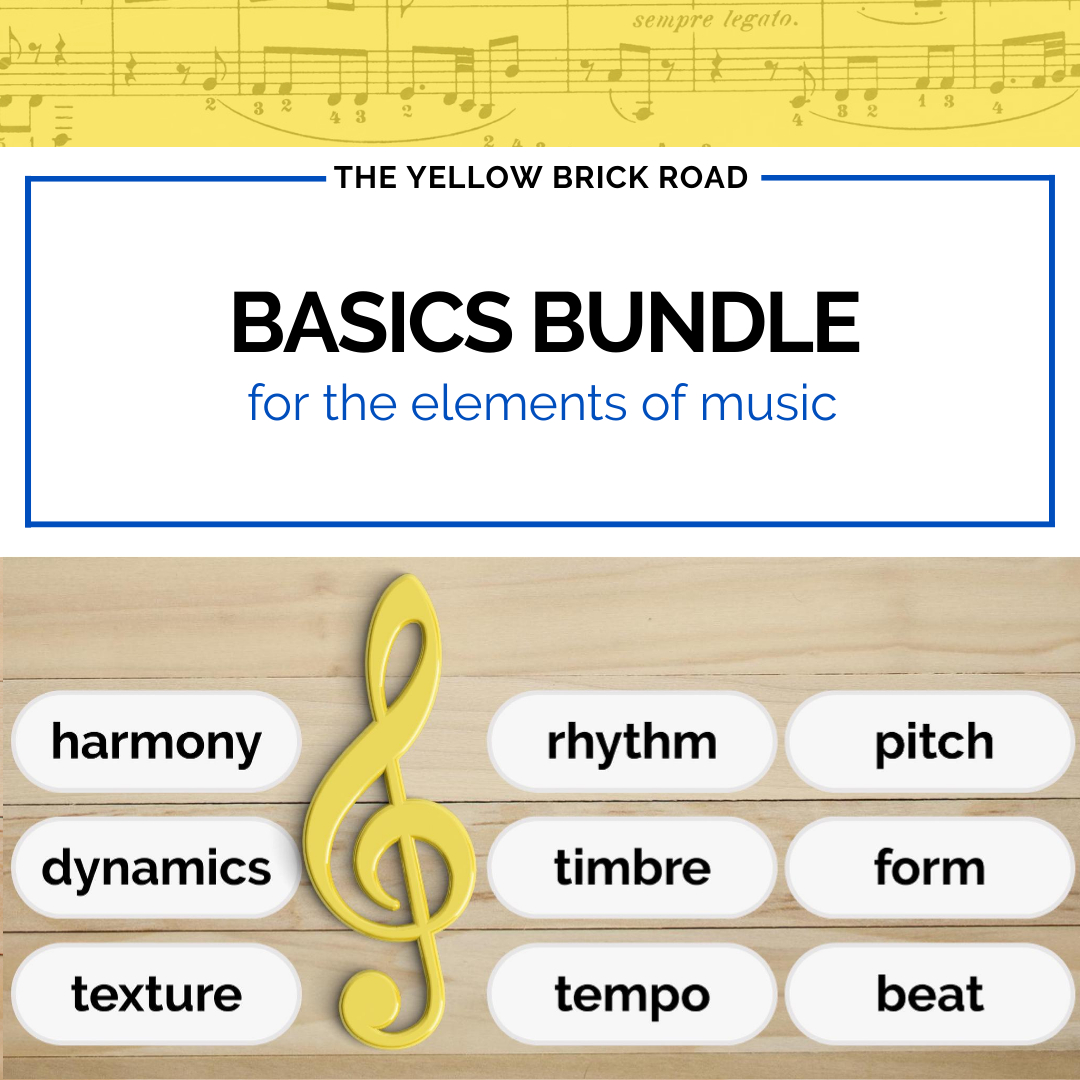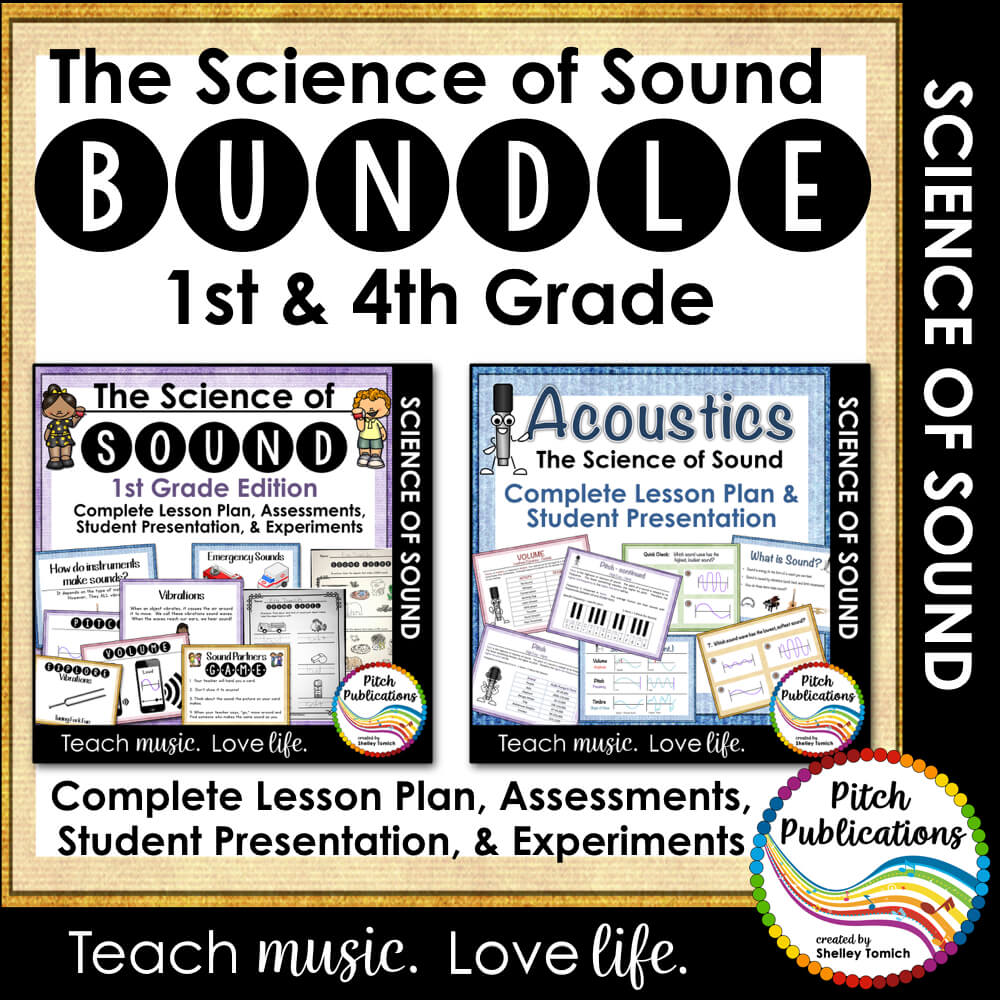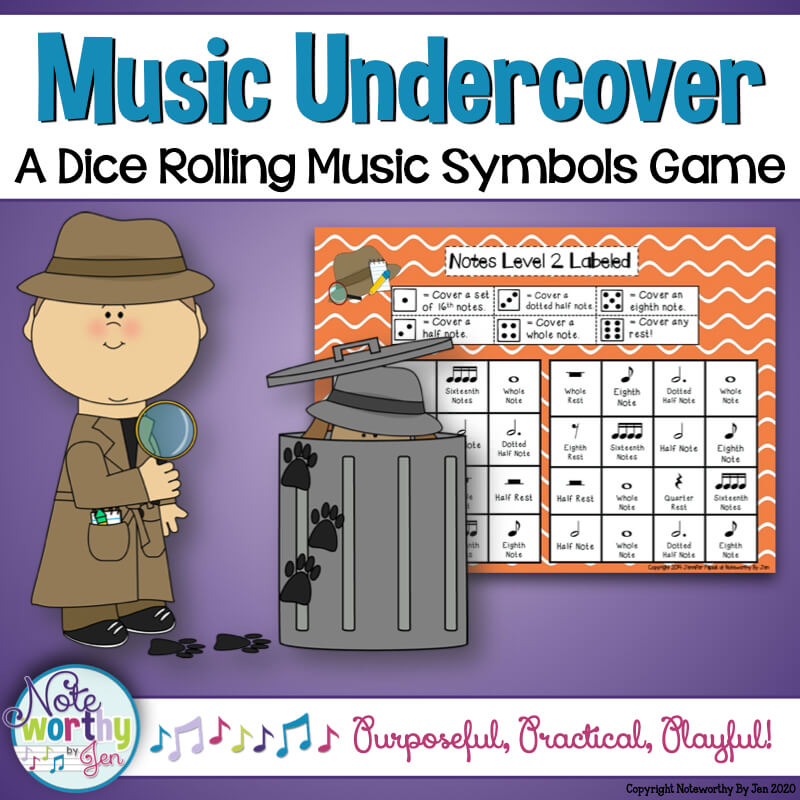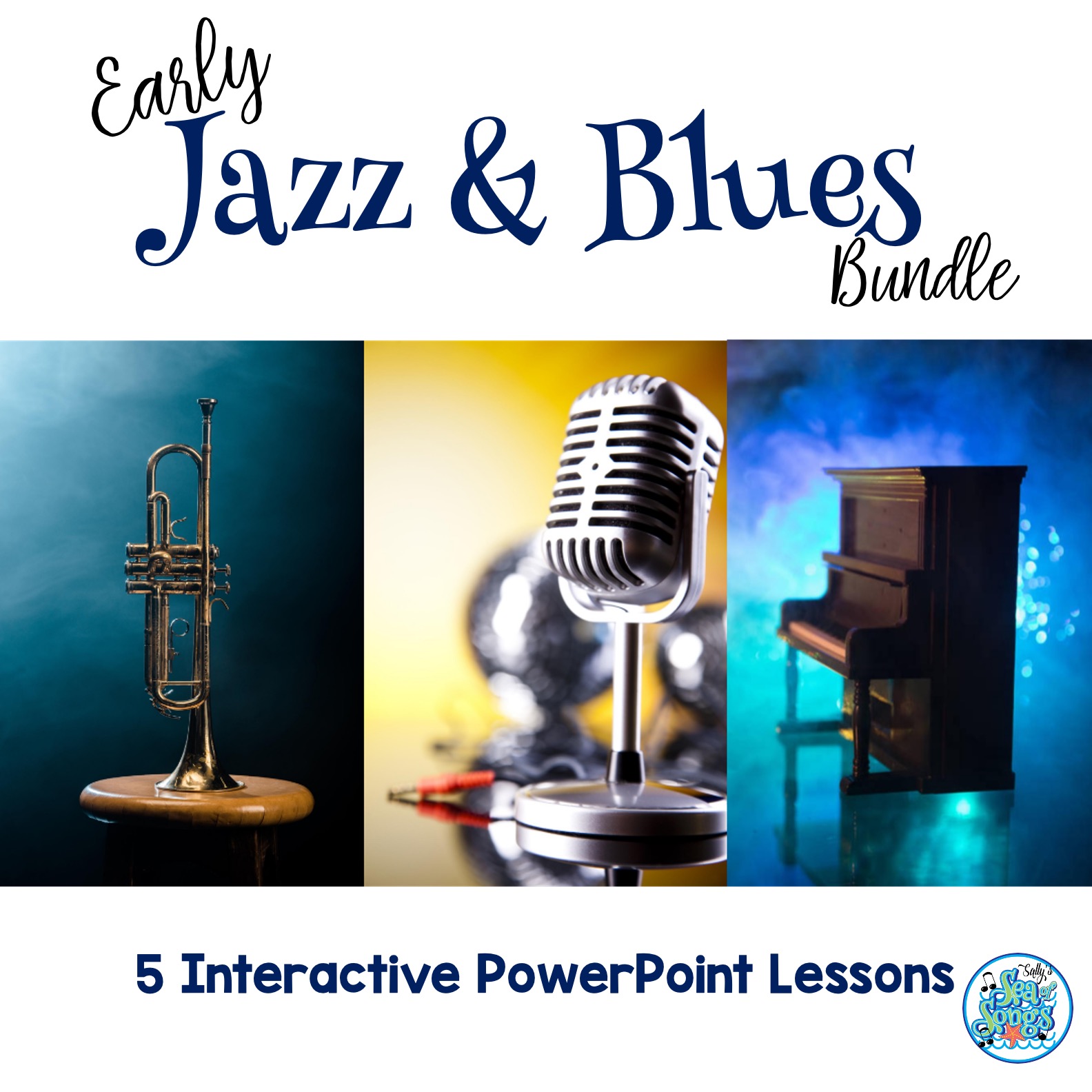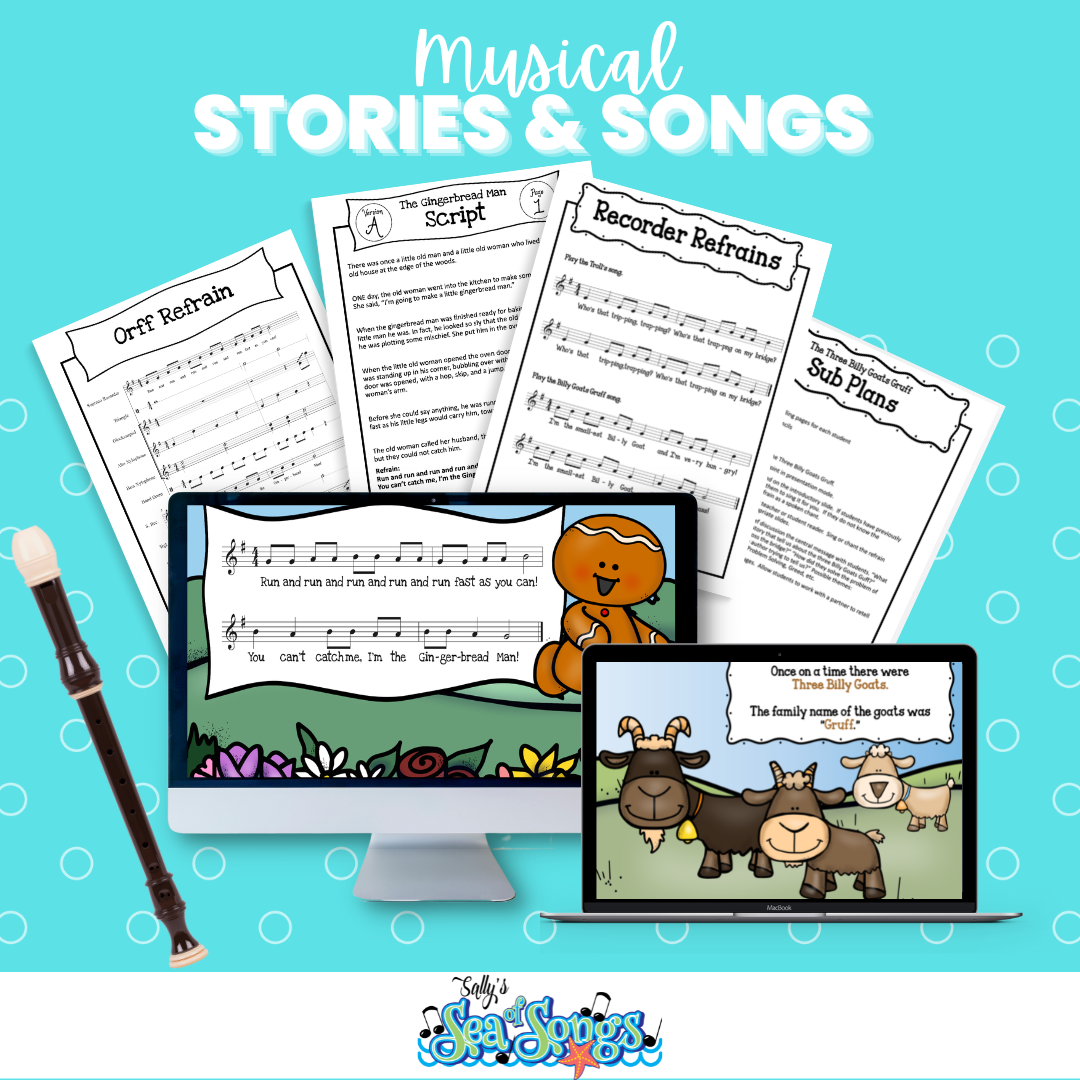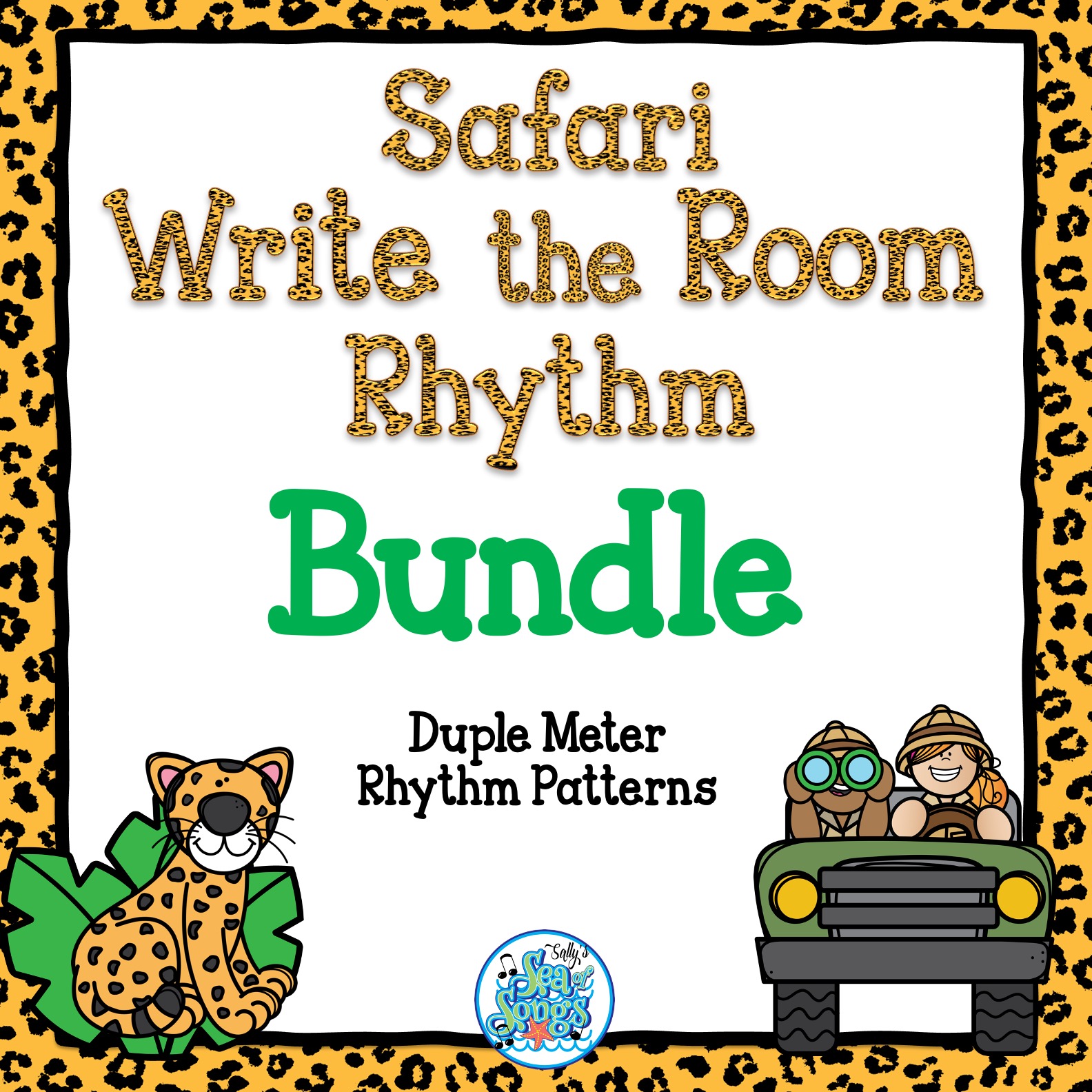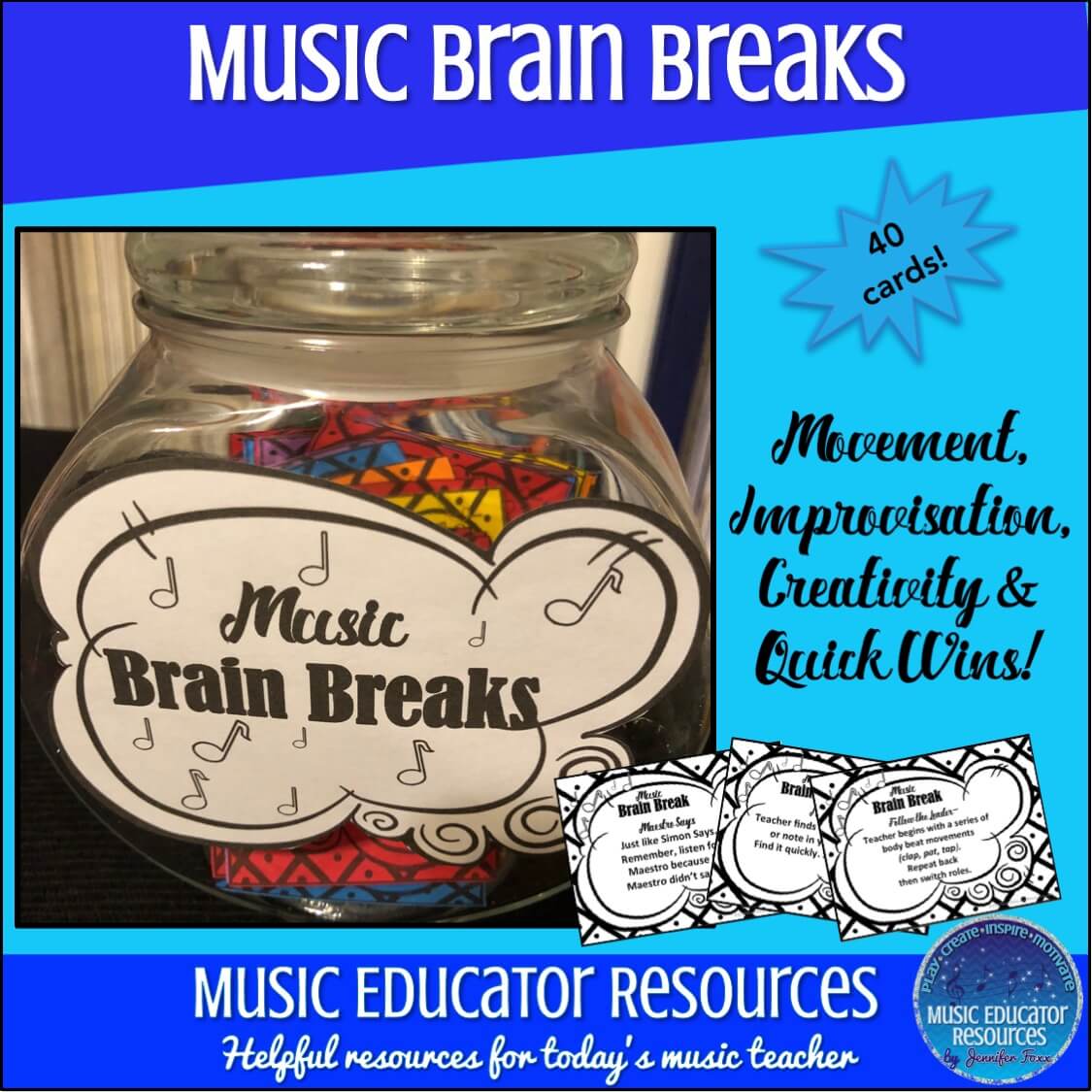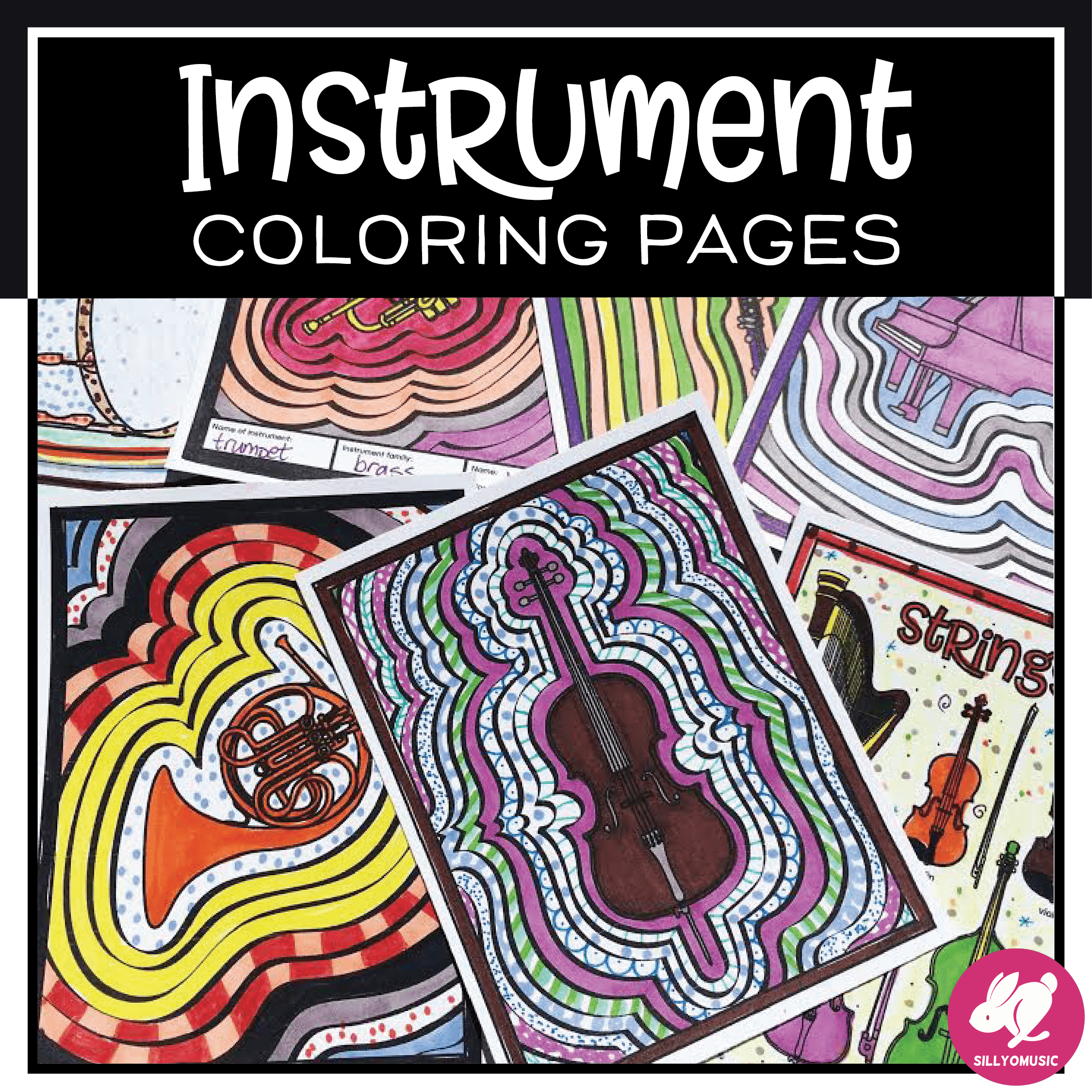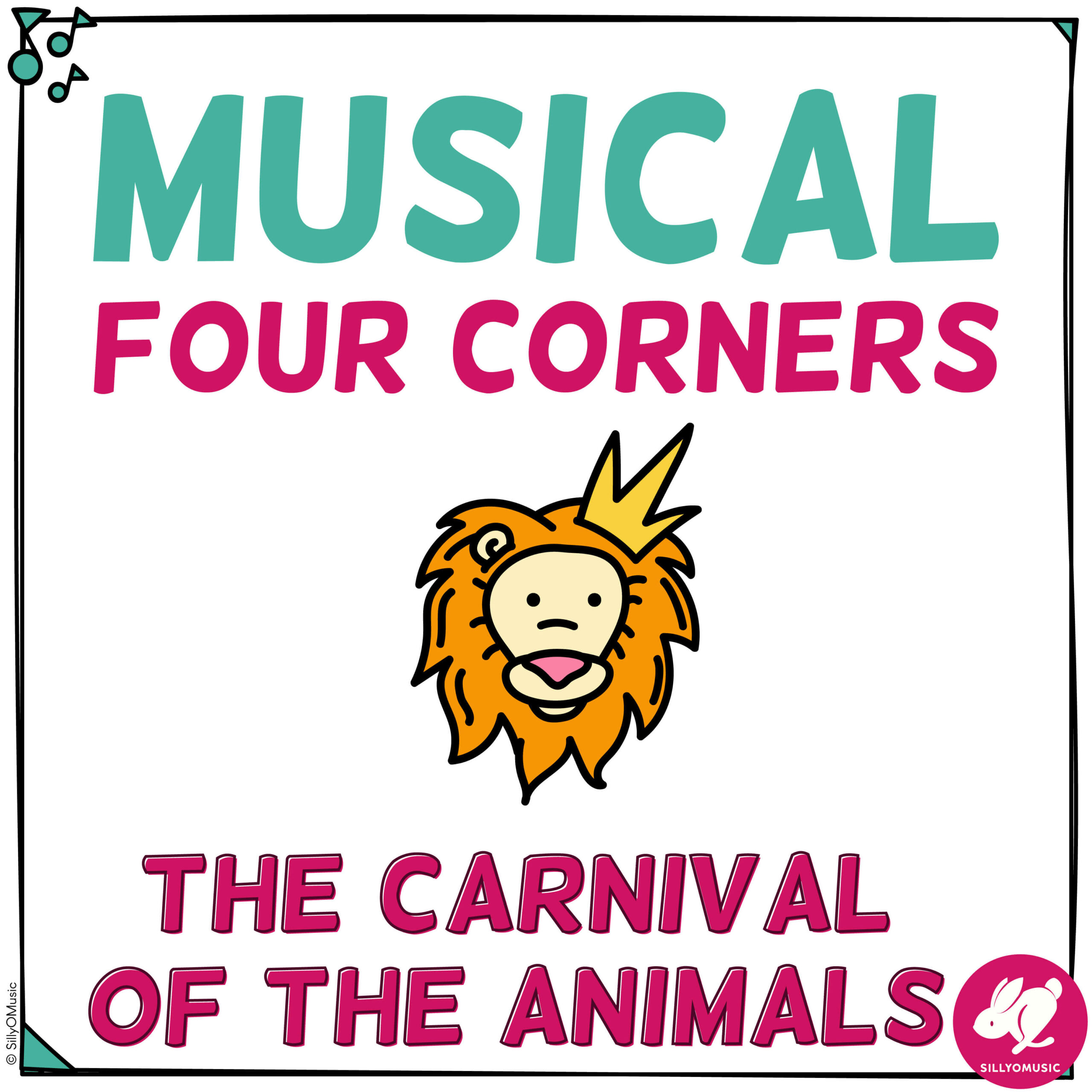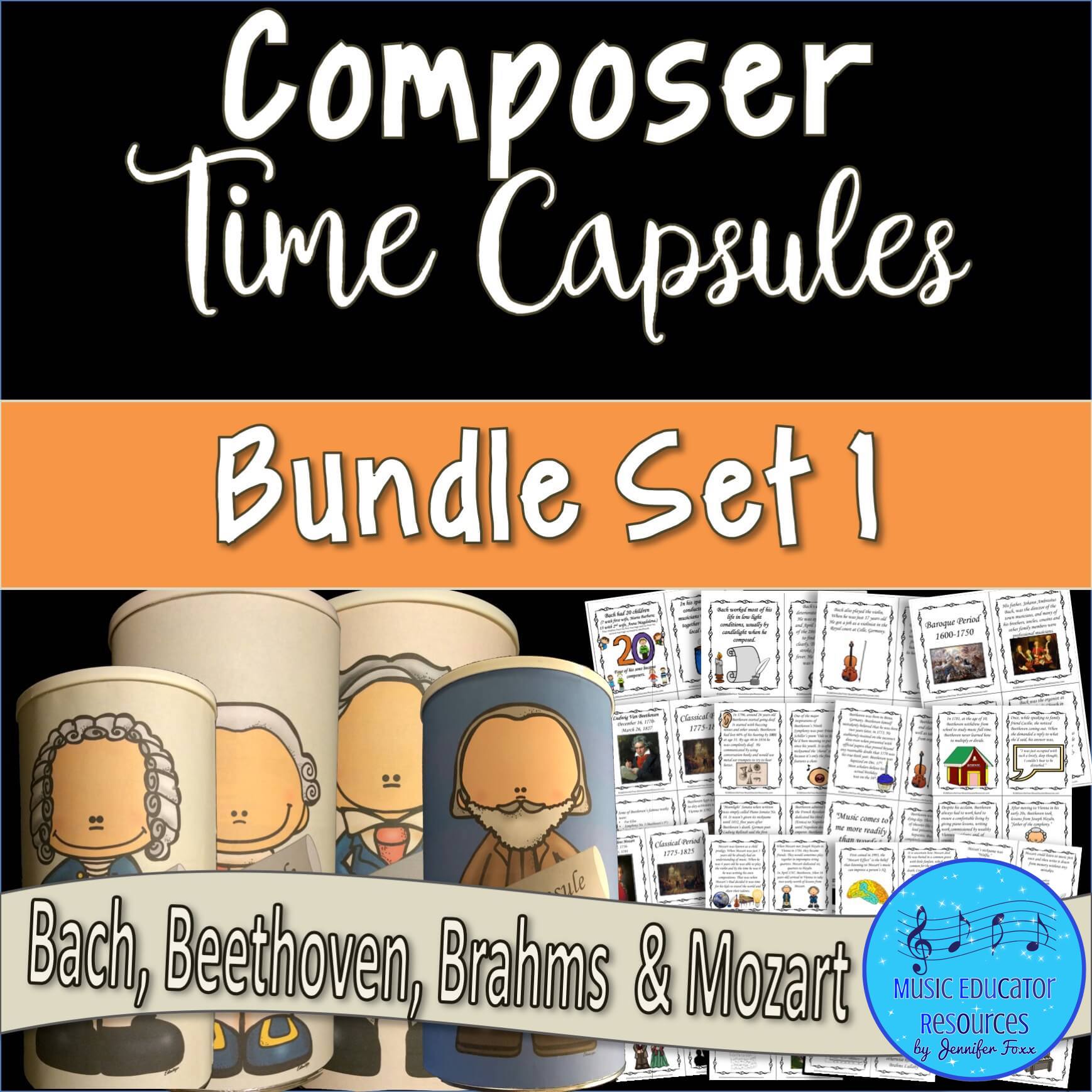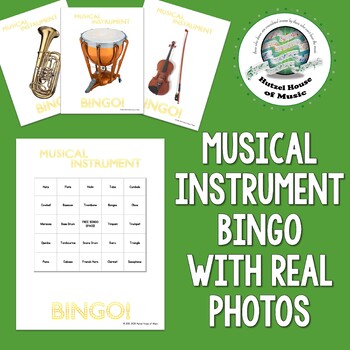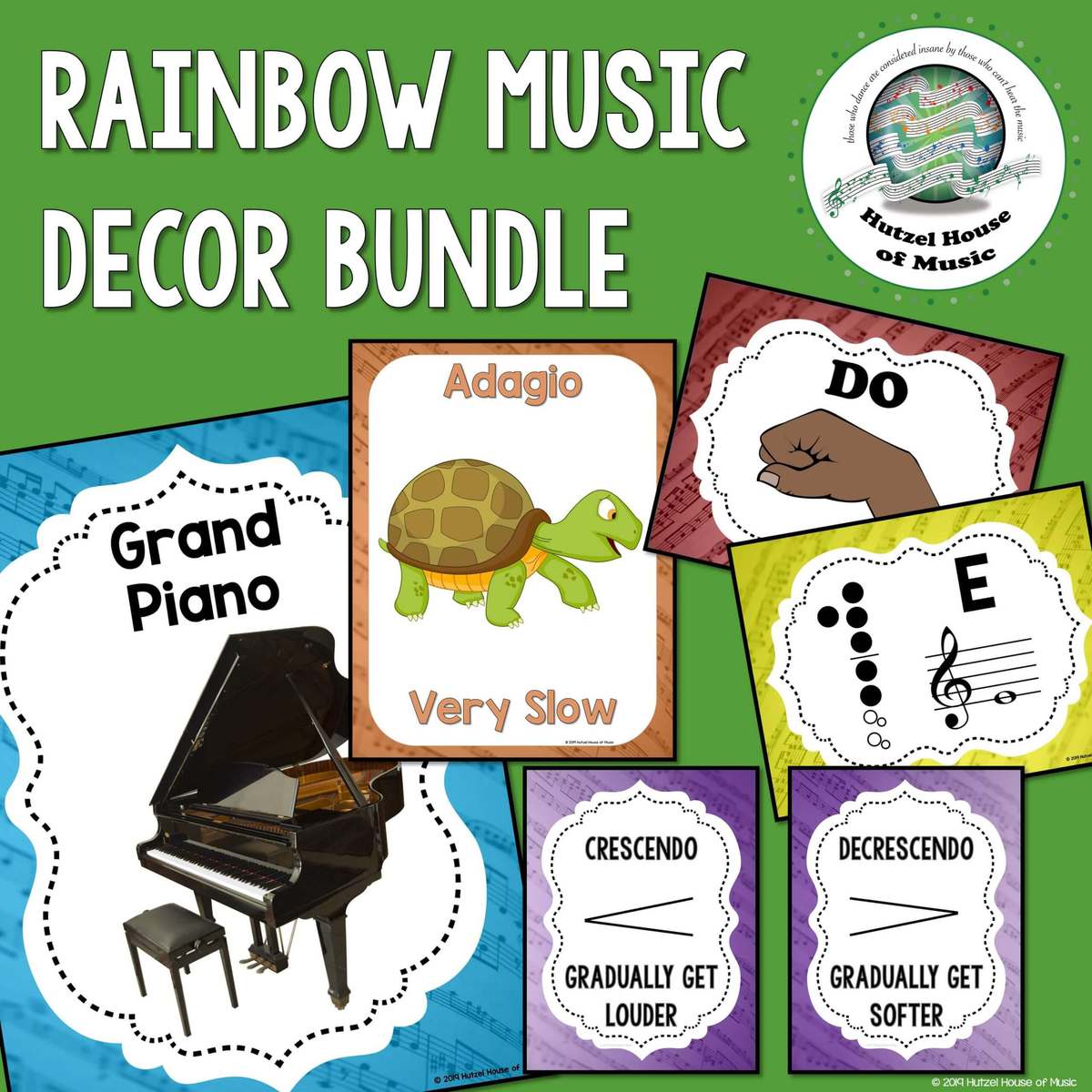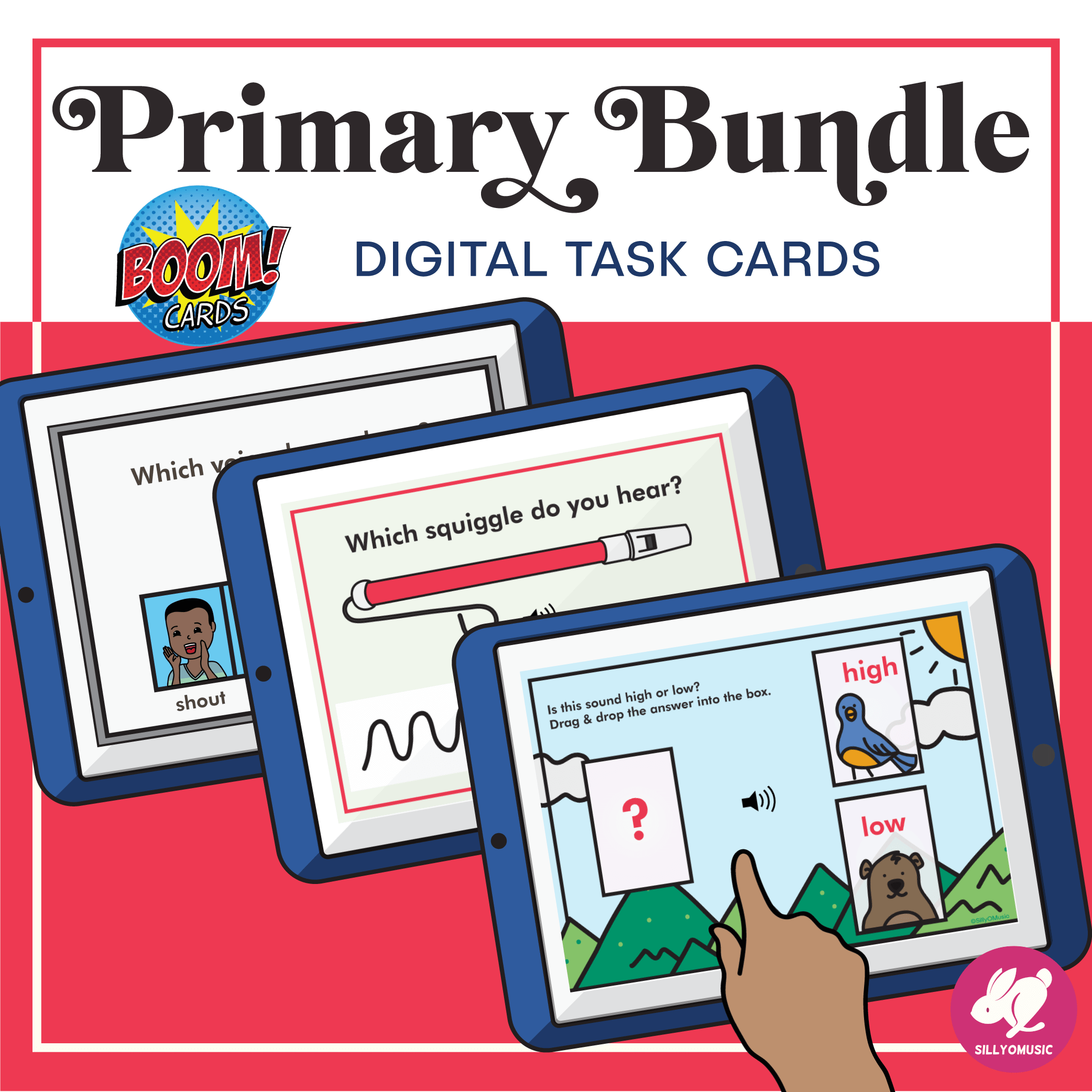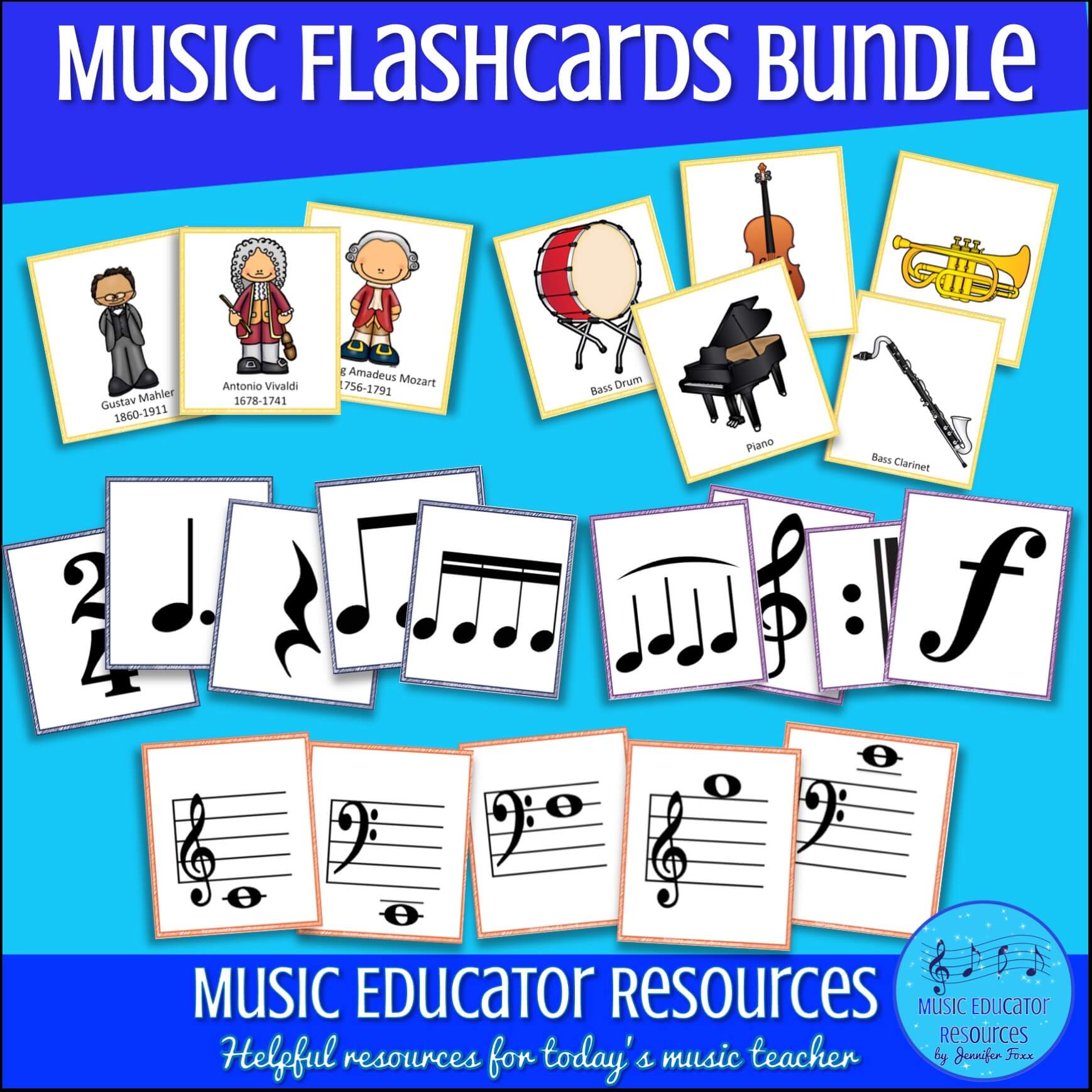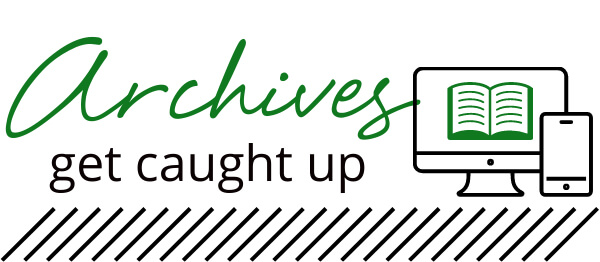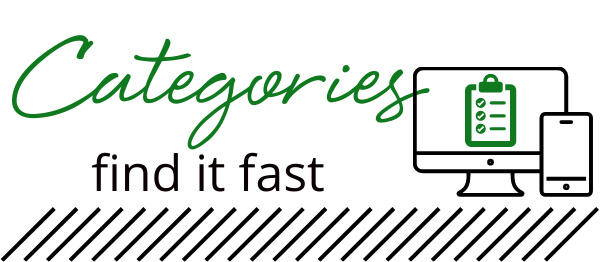If you have walked into more than one music room, you will notice that each school has a different level of supplies. The first school I worked in gave me a great budget, but it was severely lacking in supplies such as resource books, curriculum, and instruments. In order to catch up to what I wanted in my classroom, I wrote lots of grants. I have now received over $10,000 worth of grants and I continue to write them each year. Here are some tips to get you started if you have never written a grant before.
- Read the grant guidelines closely.
It’s very important to make sure you are writing for something that falls within the guidelines of the grant or you will be wasting time. Make sure it applies to:
- The place where you live or work.
- The amount you are requesting.
- The type of materials you are asking for (consumables, non-consumables, field trips, etc).
- The mission statement of the grant providers.
- Don’t (Do not) use contractions.
Yup. When you use contractions, you have deviated from the formal writing style desired in grant writing. So, try to sound as formal as you can while still conveying your love for your students within your request.
- Give solid educational and musical reasoning behind your request.
Grant writers want to know you are a passionate educator who will make good use of what they are giving you. Focus on how the grant will positively affect your students and list the skills they will learn through the resources provided by the grant. Remember, your audience may or may not be music teachers, so use terminology accordingly.
- Be Creative
Last year I was able to get a grant for a video camera for my program because our performances were virtual. There was a foundation in the area giving grants for items related to music performances. Normally this foundation supplied items such as music for performances, however, last year was unique so I wrote a grant hoping they would consider my situation. Lucky for me, they did and I was able to use the video recorder to tape the concert in each class and send it out to parents. Now I will also have a nice resource to tape future concerts (with permission, of course).
- Proofread, Proofread, Proofread
Make sure you read through your application several times and have filled out each section as completely as possible. It may take you many days or weeks to finish the application based on the information they ask for. It also can help to have a friend read through the grant for you to check for errors.
If you really want to dig deep in resources for grant writing, check out www.learninglorepress.com for a grant writing guide written specifically for music educators.
Best of luck to you! Catch you next time I have something noteworthy!



